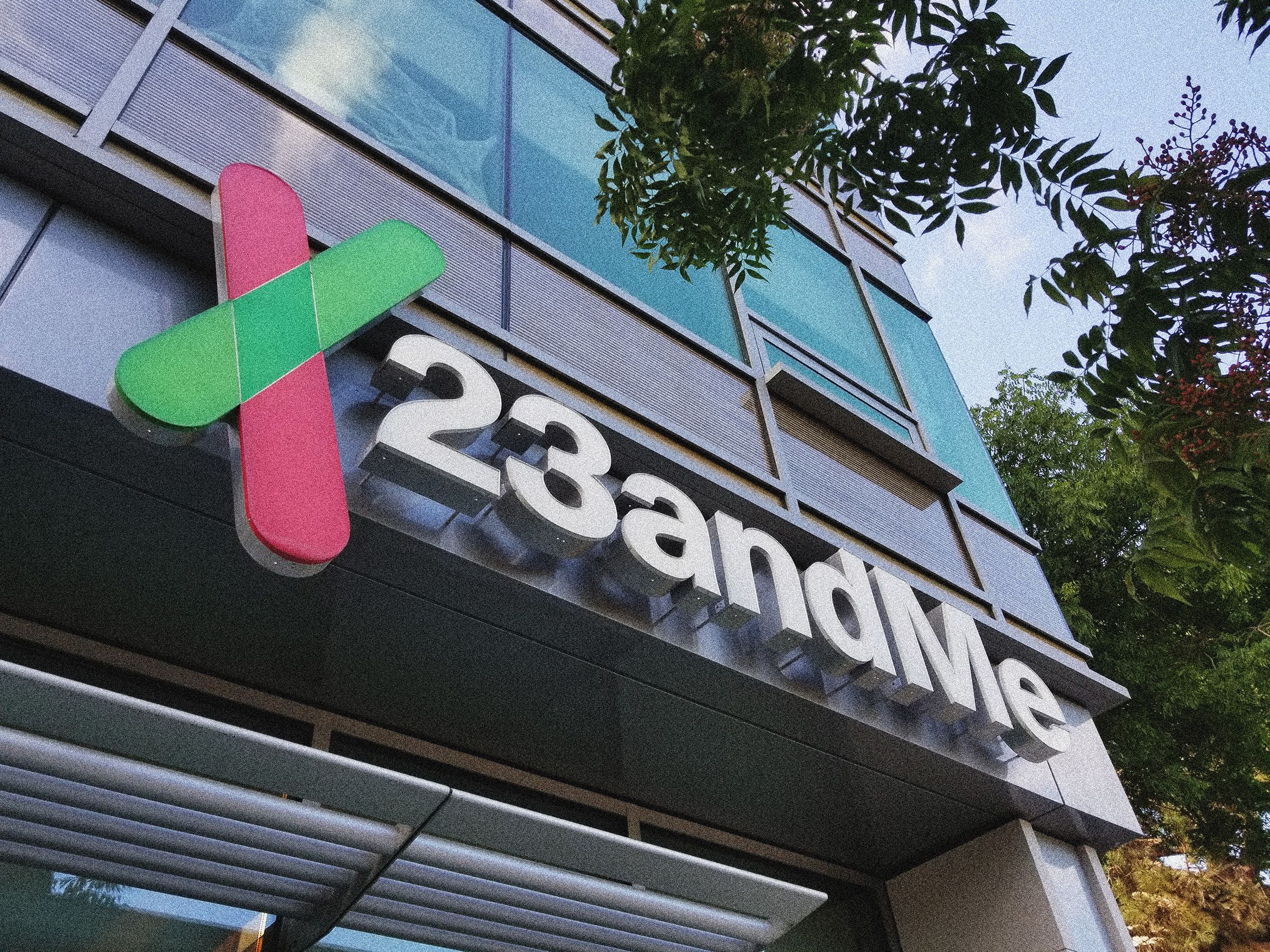How Private Equity Killed the American Dream
Private equity firms have come under scrutiny in recent years for their role in exacerbating income inequality and stripping away the American Dream for many individuals. These firms, which raise funds to acquire companies and restructure them to make a profit, often prioritize short-term gains over long-term sustainability and employee well-being.
One of the ways in which private equity firms have killed the American Dream is by loading companies with debt in order to pay themselves huge dividends, leaving the company in a financially fragile state. This can lead to layoffs, wage cuts, and a decrease in employee benefits, further widening the wealth gap between executives and workers.
Additionally, private equity firms often engage in practices such as outsourcing jobs, offshoring production, and slashing investment in research and development, all in the pursuit of maximizing profits. This has contributed to the decline of the middle class and the erosion of job security for many Americans.
Furthermore, the emphasis on short-term profits over long-term growth has led to a lack of investment in employee training and development, which has hindered upward mobility and decreased job satisfaction. This has made it increasingly difficult for individuals to achieve the American Dream of upward social mobility through hard work and dedication.
Overall, the predatory practices of private equity firms have had a detrimental impact on the American Dream, as they prioritize the interests of wealthy investors and executives over those of employees and communities. It is essential for policymakers to enact regulations that hold these firms accountable and ensure that they contribute to a more equitable and sustainable economy for all.






More Stories
Unpacking AI Agents
Those Creatine Gummies You Bought Online Might Not Contain Any Creatine
‘Wall-E With a Gun’: Midjourney Generates Videos of Disney Characters Amid Massive Copyright Lawsuit